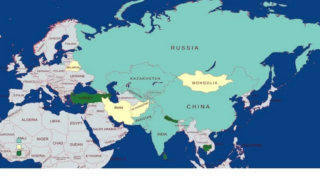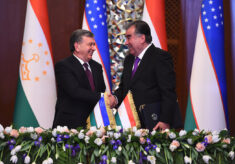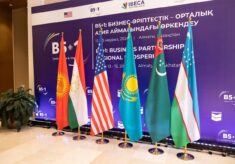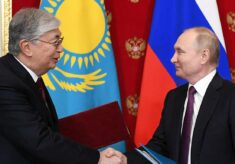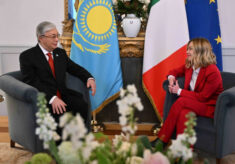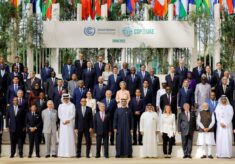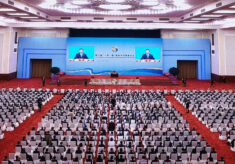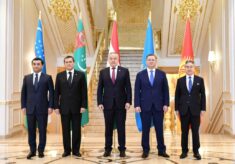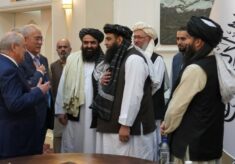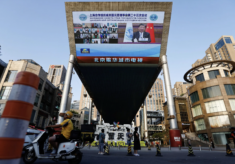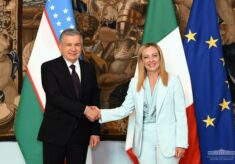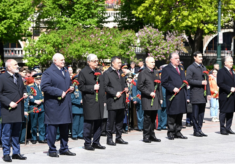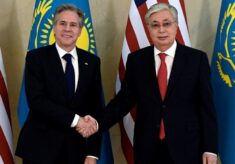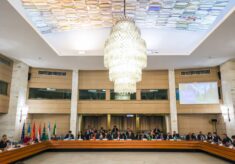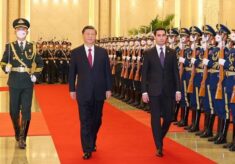The annual meeting of the Shanghai Cooperation Organization (SCO) has certified the existence of an alternative geopolitical bloc including powerful non-western actors, such as Russia, China, India and Iran, which has definitely become full member of the organization on July 4. In this evolution, Central Asian countries (which were among the founders of the organization) and the achievement of their strategic interests have been progressively marginalized, due to the fact that SCO has gradually moved from a regional dimension to a “wider” Asian dimension following the membership of India, Pakistan and now Iran.
